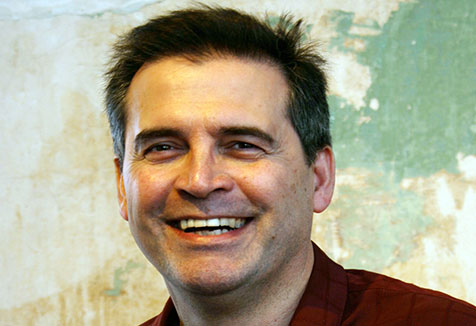Tinkler wobbles show Dark Side to ‘White Knight’ club ownership, says expert
News that the Australian Tax Office is moving to wind up the Newcastle Knights and Newcastle Jets over unpaid debts highlights the tenuous nature of sports ownership models in Australia and around the world that largely rely on the patronage of rich benefactors, according to an expert at the University of Western Sydney.
Documents filed in the Federal Court show the ATO is attempting to wind up the two sporting clubs and their parent company Hunter Sports Group, but a spokesman for Mr Tinkler says the debts will be paid in full.
Professor David Rowe, from the UWS Institute for Culture and Society, is the author of several books, including Global Media Sport, Sport Beyond Television and Sport, Culture and the Media.
He says very few top level sporting clubs in Australia make any money.
“Some of our most famous sports teams are constantly searching for a white knight who is willing to indulge their love of sport or to pay for the kudos of being associated with the team,” says Professor Rowe.
“Clubs need a saviour who will stick around and pick up the tab, because they are not trading on a break-even basis, let alone making a profit.
“Often it is not the sport club that is the valuable asset, but the land development and corporate image projection opportunities that surround them.”

Professor Rowe says despite the high stakes game Mr Tinkler has played with the Knights and the Jets, including announcing a walk out of the A-League and then returning to the fold, Newcastle fans were optimistic he would remain in a position to fund expensive coaches and marquee players in what became known as ‘Tinklertown’.
“Yet it seems now that the familiar narrative of sporting clubs is being played out, and a new saviour may be needed if the old one can’t be restored,” he says.
Professor Rowe says there are comparably bad examples of sports ownership models around the world, such as the English Premier League, as well as other codes in Australia and elsewhere.
In cases like the German soccer league, the Bundesliga, the Spanish club Barcelona, and even the Australian Football League, the substantial involvement of fan members and tight governance means less volatility in the sport environment.
“The so-called ‘fan trust’ models are likely to be more sustainable because they involve large numbers of people financially supporting the club and making decisions on its behalf,” says Professor Rowe.
“They may not generate as much short-term money than white-knights-on-chargers, but they tend to be more sustainable. This is because, for many people, sport fandom is a cradle-to-grave commitment, not a flashy display of wealth.”
Mobile options:

